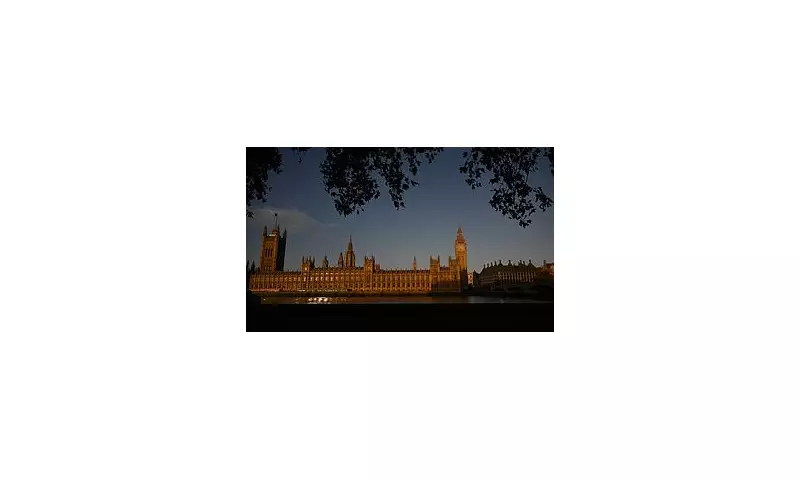
The Great Westminster Eviction: Democracy's Home Under Threat
For nearly five centuries, since 1547, Britain's parliamentarians have called the Palace of Westminster home. This medieval site, originally known as Thorney Island, has evolved into the world's most powerful symbol of parliamentary stability. The chimes of Big Ben and the theatrical shouts of 'Order!' during Prime Minister's Questions resonate globally as totems of democratic endurance.
Government's Controversial Restoration Plan
Sir Keir Starmer's government appears poised to break this historic continuity. Through backroom manoeuvres and amid contradictory reports, ministers seem likely to issue notice for MPs and peers to vacate their historic premises within weeks. Authorities claim this would be a temporary measure, lasting potentially 20 years, to facilitate essential repairs and modernisation of the Victorian palace rebuilt by architect Sir Charles Barry after the 1834 fire.
The government's justification centres on the building's genuine need for urgent attention. Crumbling turrets and pinnacles alongside basement areas stuffed with dangerous wiring present real hazards. Consultants correctly argue that builders would work more efficiently in an empty building. However, critics counter that easier working conditions might lead to reduced productivity.
The proposed 'full decant' to another location - likely the Queen Elizabeth II conference centre - comes with an immediate £2.6 billion expenditure and an estimated total restoration cost approaching £20 billion. The Treasury reportedly balks at this staggering sum, especially with economic troubles mounting.
Battle for Parliament's Soul
Commons Speaker Sir Lindsay Hoyle, a traditionalist who assumed his role in 2019, had successfully steered restoration plans away from a full decant under the previous government. He championed a 'continued presence' approach, where parliamentarians would remain on-site while work proceeded around them - a method successfully employed during Barry's reconstruction after the 1834 fire and following Second World War bomb damage.
However, Sir Lindsay's position has recently been undermined. At a recent House of Commons Commission meeting, after an ally departed for a medical appointment, the Speaker faced a fait accompli reinstating the full decant option. Consequently, Sir Lindsay has stepped aside from the restoration board, which will now be chaired by deputy speaker Judith Cummins.
The push for evacuation is reportedly led by Labour's deputy chief whip Sir Mark Tami, working alongside Labour MP Nick Smith and clerks Tom Goldsmith (Commons) and Simon Burton (Lords). Their opponents include Conservative MP Steve Barclay, whose Commons Finance Committee has announced a public inquiry into what he fears could become 'another HS2' in terms of extravagance.
The political drama extends to the House of Lords, where Speaker John McFall's early resignation creates uncertainty about whether his successor will align with traditionalists like Hoyle or support the government's decant plans.
More Than Just Buildings at Stake
Beyond the astronomical costs lies what traditionalists consider an even greater price - the potential severing of Britain's spiritual connection to its democratic heart. For centuries, Westminster has shaped how Britons perceive politics, fostering the belief that the people, not politicians, own that palace on the Thames.
This profound connection, arguably demonstrated during the Brexit debates, could weaken if MPs are relocated to modern premises with plastic furniture and low ceilings. Critics suggest this outcome might suit technocrats and Whitehall officials who could more easily bypass a Parliament housed in less historic surroundings.
As restoration plans face scrutiny over 'gold-plated' elements including excessive disability access and Net Zero provisions resembling 'a five-star Dubai hotel', the fundamental question remains: will Britain's parliamentarians return to their historic home, or will this temporary evacuation become permanent, fundamentally altering the nation's democratic landscape?





